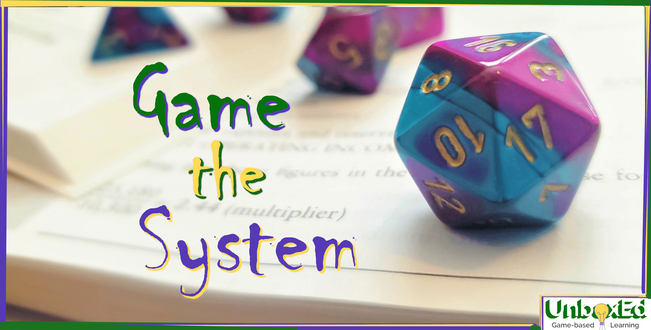|
Well done, adventurer. You've arrived at the unenviable task of wrangling together a group of tiny, fickle humans who have all agreed to try D&D for the first time. Uh oh. Now you and four tiny, codependent humans are sitting in a room staring at each other wondering why you have all agreed to sit in a room using your imaginations together. After many instances of this exact situation, we have compiled a reference for how to approach your first game of D&D with newbies. (Plus, check out our article about all of the benefits of playing D&D. Or, for those worried about the amount of violence in games like D&D, check out our article discussing violence in games.) Granted, this primer was developed for tiny, mildly-engaged humans, but has proven more than adequate to field all the questions you will get from a group of large, imagination-less humans as well, such as: "So, like, what do we do?" and "So, like, how do we do that?" Good Players: |
SubscribeSign up to receive monthly emails, sharing research and insights into the world of game-based learning. Archives
April 2023
Categories
All
|

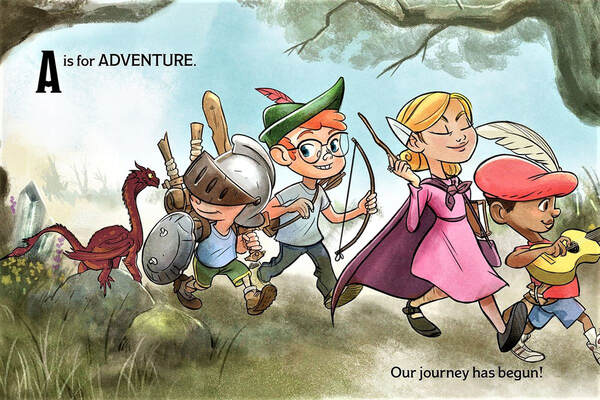
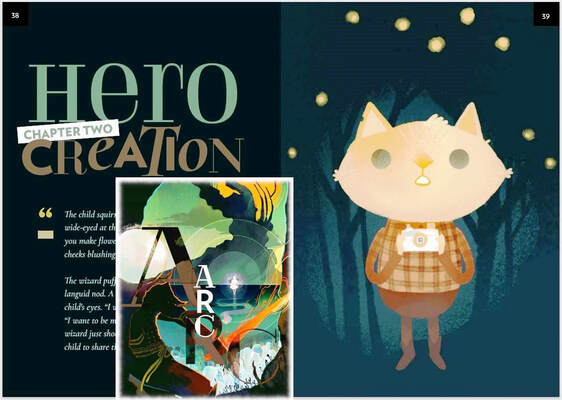
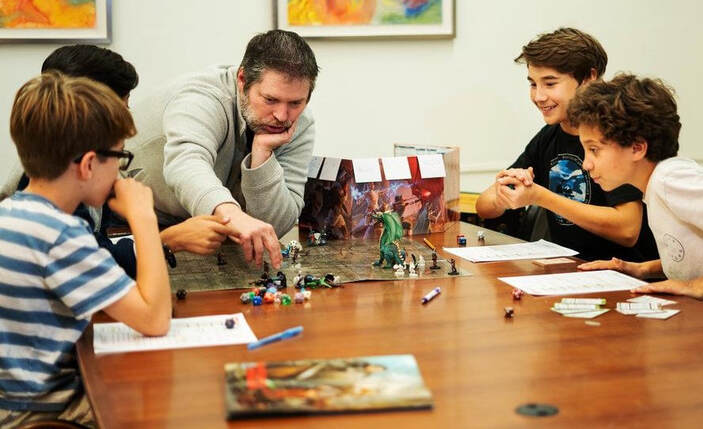
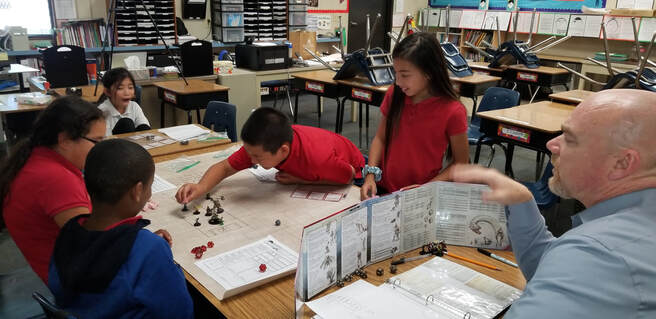
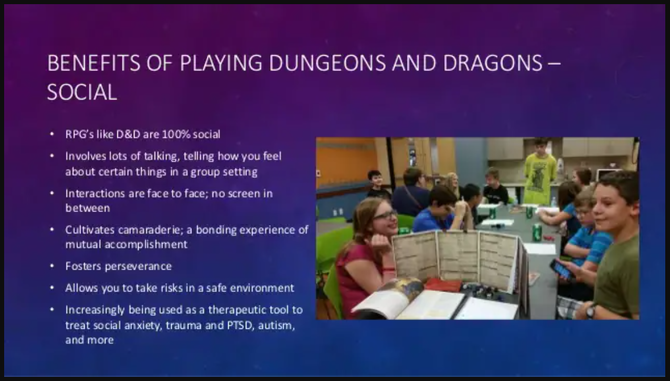
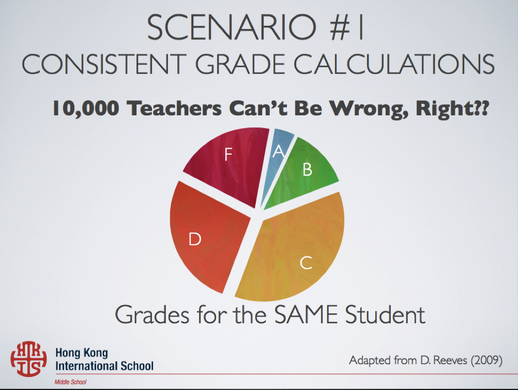
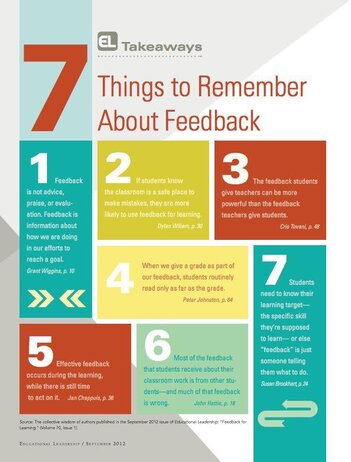

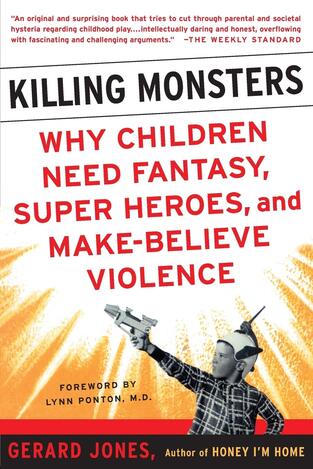
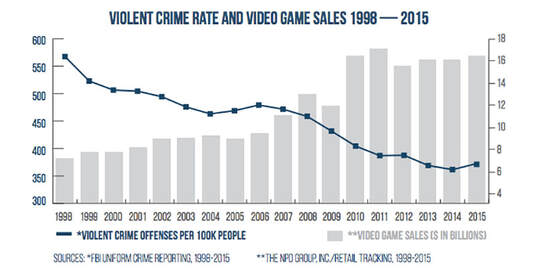

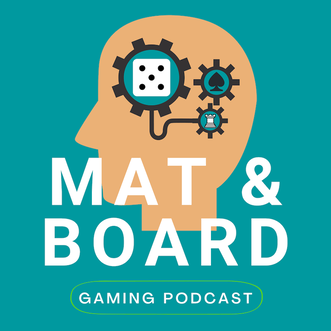
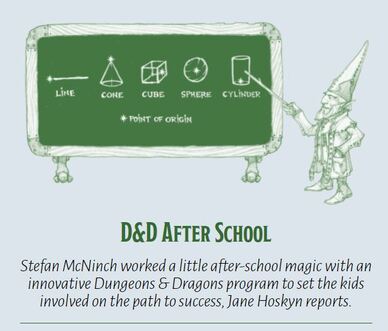
 RSS Feed
RSS Feed
